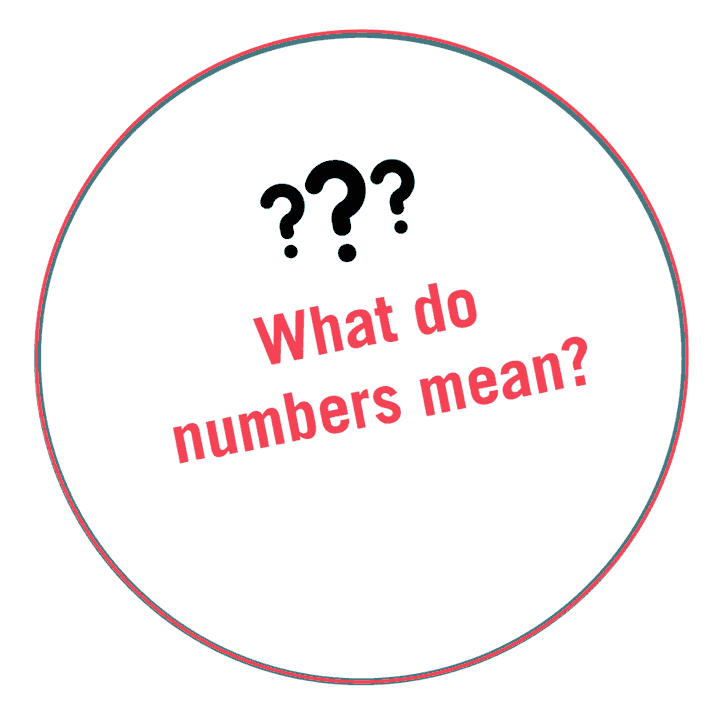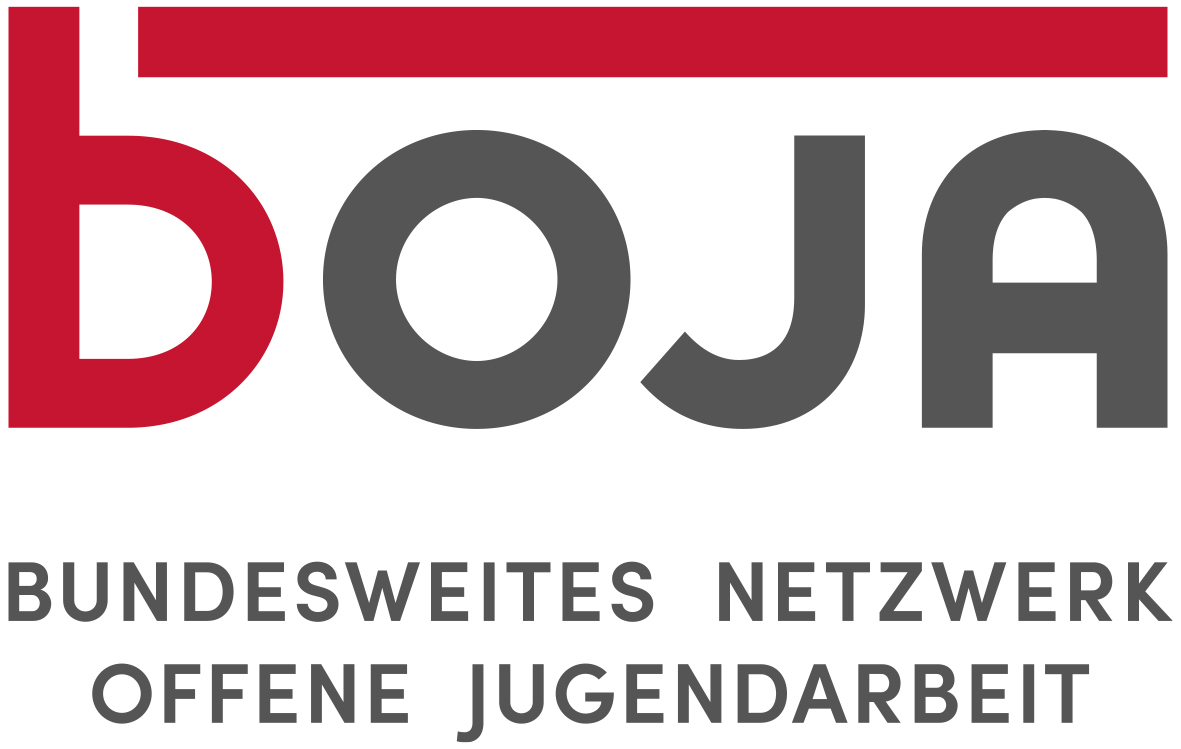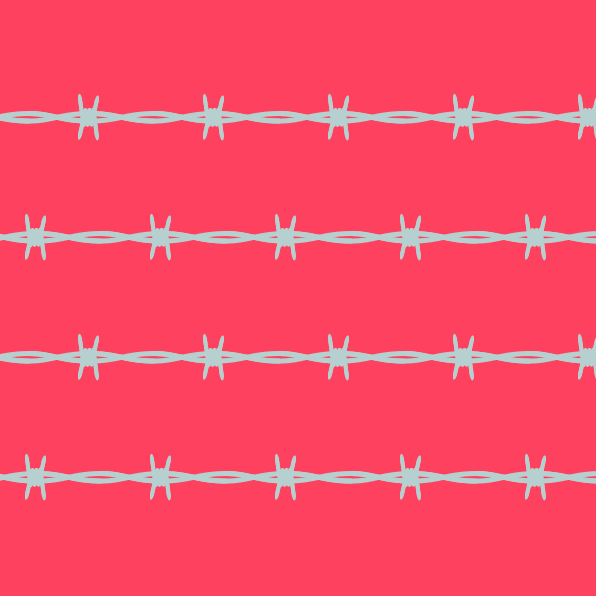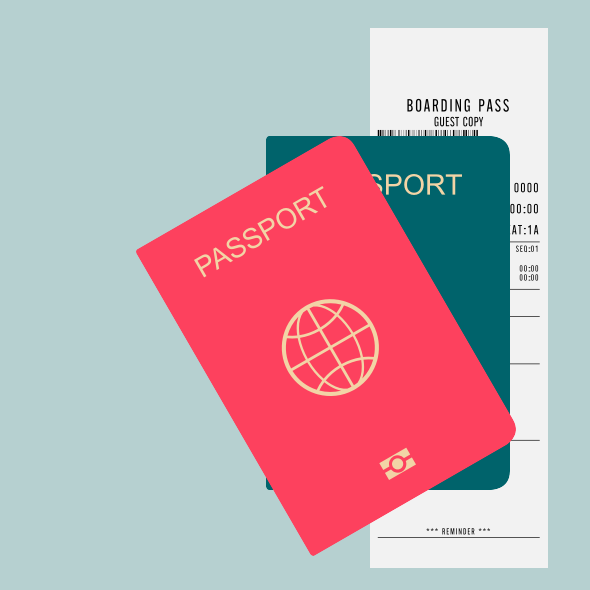Media world – my world?
Ever since the Immigration Act was passed in 2005, Germany is officially considered a country of immigration. In fact, however, people with a history of immigration have been part of German society for much longer. Is this reflected in the films and series that you watch?
Perception of the world
People fleeing their country is always a major topic in German media whenever there is debate about taking in refugees. The focus is usually on the questions who and how many people are supposed to be admitted, and what is affordable socially and financially. The responsibility that Germany and Europe have for the poverty, wars, and climate disasters elsewhere in the world is often ignored.
The media inform us not only about world affairs. Their images and language also influence how we perceive our world.
What images come to mind when you think of refugees and migration? Where do these images come from? Are they similar to the pictures you see in the media – or does your reality look very different?
Cliché: Danger
Refugees are often presented in the media as “dangerous.” They are compared with natural disasters and the reasons why they flee their homeland are often considered not so bad or else denied entirely. People are accused across-the-board of “abusing asylum,” or they are made responsible for the spread of disease or suspected of terrorism. In fact, though, refugees are seeking protection, safety, and peace.
Cliché: Victims
Refugees are often portrayed in the media as “victims.” Supposedly helpless women and children are shown. German society helps this “group of victims” and we are shown pictures of altruistic helpers. But refugees are people with very diverse experiences and abilities that they actively put to use to improve their life.
Cliché: Chance
The media often speak of refugees as a “chance.” It is hoped that they stop the demographic changes and thus secure Germany’s economic future. Trade associations demand that where the need arises refugees be quickly and precisely integrated into the labor market. But language competence and high qualifications are expected. This attitude reduces people to their labor and disregards the fact that everyone has their own wishes and goals. In this picture, what happens to those who do not satisfy the requirements due to their age, health, or training?
Cliché: Foreign
Refugees are often presented in the media as “foreign.” And as “foreigners” they become an “other” that is separate from a supposedly familiar “we.” Fears and demands are projected onto them, and a vague “fear of being overrun” is introduced. This image usually comes from xenophobic prejudice, racism, and hatred. But who is actually the “other”? How long does someone remain foreign and an “other”? And who decides?
The Besser deutsch mit Jilet Ayse (Better German with Jilet Ayse) videos were produced in 2015 by the New German Mediamakers, NdM (Neuen deutschen Medienmacher*innen)
The internet has changed the media landscape. Today everyone can participate in social media. While social media opens up new options in democratic negotiating processes, on the one hand, it also serves as a platform for fake news and disinformation campaigns, on the other. Many people are confronted with racist statements and commentaries, and others spread hate-filled statements on the internet. Freedom of the press and freedom of opinion are protected in Germany’s Basic Law. But basic rights and personal rights also need to be protected. Rabble-rousing, hate speech, incitement to crimes, slurs, and slander have nothing to do with freedom of opinion and are punishable in Germany.
The video #HateIsRandom – Fight hate! was created within the scope of the Open Youth Work bOJA campaign against Hate Speech (2019).
No Hate Speech
For information about Hate Speech, anti-hate strategies, and emergency kits for threat situations, go to:





